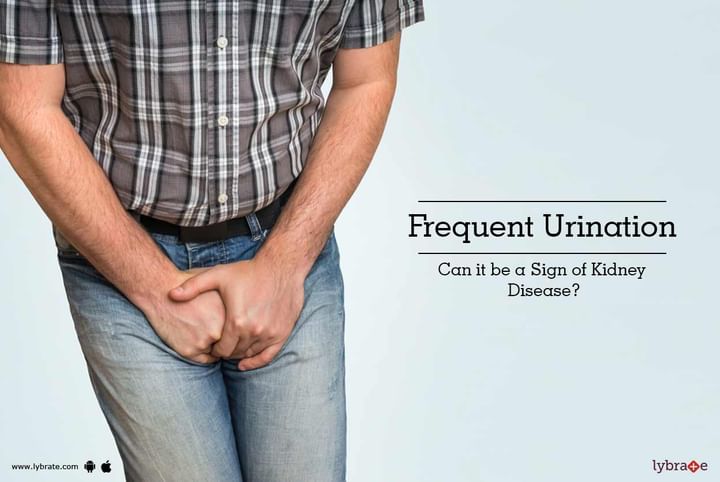Frequent Urination - Can it be a Sign of Kidney Disease?
Polycystic kidney disease is a disorder that is inherited; it is characterized by development of cysts in the kidneys. These cysts are round sacs that contain a water like fluid. Initially, the size of the cysts are small, they tend to increase in size after the fluid accumulation. This disorder can also cause cysts to develop in the liver and other parts of the body.
Symptoms and Complications
The most common symptoms of this disorder are back pain, headache, high blood pressure and kidney failure. It can also lead to formation of stones in the kidney, presence of blood in the urine and an urge to urinate frequently. It also make your kidney prone to various bacterial infections.
Causes
The disease is caused because of the presence of defective genes in the body, implying that this disorder is primarily hereditary. In some cases, the disease is caused by a genetic mutation. Based on the causes, it is classified into two types:
- Autosomal recessive polycystic kidney disease: This disorder causes the symptoms to appear immediately after birth, although the symptoms are delayed until adolescence. This disorder only occurs when both the parents carry the defective gene which is passed to the offspring.
- Autosomal dominant polycystic kidney disease: This disorder usually tends to occur only after the age of 30. Unlike the previous type, here only one parent needs to carry the defective gene that is passed on to the offspring.
Treatment
The treatment of polycystic kidney disease generally involves dealing with the following signs:
- Pain: Chronic pain, usually in the sides of the body or the back, is a common symptom of this disorder. You can opt for pain reliving medication such as ibuprofen. If the cysts are large, then surgery is required to ease the pain.
- High blood pressure: High blood pressure is best controlled by a following a healthy diet and lifestyle. High blood pressure can damage the kidneys severely. Medications may also be required to control blood pressure, if it rises abnormally.



+1.svg)
